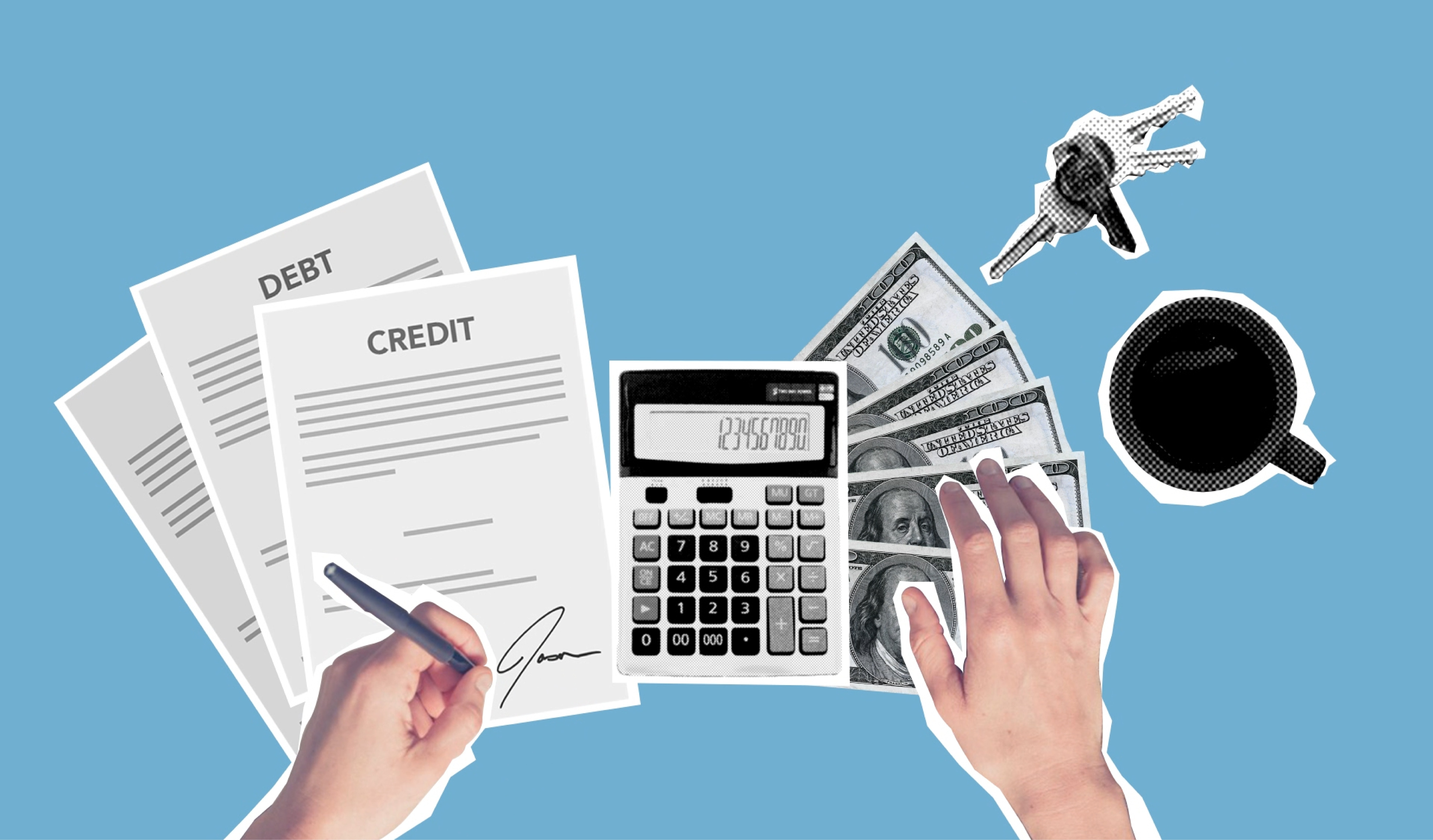Get Informed: When do Student Loans Resume?
Student loans in the United States have been on a temporary pause due to the COVID-19 pandemic. This pause, known as forbearance, has provided relief to borrowers who were facing financial difficulties. However, it is important to stay updated on when student loans will resume so you can effectively plan your budget.
Key Takeaways:
- Student loans have been on a temporary pause called forbearance due to the COVID-19 pandemic.
- It is crucial to stay informed about when student loans will resume to plan your budget effectively.
- Understanding the resumption date will help you prepare for the repayment of your student loans.
- Stay updated with information from your loan servicer or official government sources.
- Take advantage of the forbearance period to assess your financial situation and explore repayment options.
Student Loan Repayment Options and Grace Period
After the forbearance period ends, it’s important to understand the different student loan repayment options available to you. For most federal student loans, there is a grace period of six months after graduation or leaving school before you are required to make payments. During this grace period, you have the opportunity to get financially settled and find a job before you start repaying your loans.
Private student loans, on the other hand, may have different grace period policies. It’s crucial to check with your lender or loan servicer to determine the specifics of your grace period and when you will need to begin making payments. This information will help you plan your finances accordingly.
While you’re in your grace period, it’s a good idea to explore the various repayment options that are available to you. Federal student loans offer several repayment plans, including the standard repayment plan, income-driven repayment plans, and extended repayment plans. Each plan has its own eligibility criteria and terms, so it’s essential to research and compare them to find the one that best aligns with your financial situation and goals.
Income-driven Repayment Plans
One popular option for federal student loan borrowers is income-driven repayment plans. These plans base your monthly payments on a percentage of your discretionary income and extend the repayment term to make your payments more affordable. There are several income-driven repayment plans to choose from, such as Income-Based Repayment (IBR), Pay As You Earn (PAYE), and Revised Pay As You Earn (REPAYE). These plans can be particularly helpful if you anticipate having a lower income or if your monthly payments under the standard repayment plan would be unaffordable.
Remember, it’s crucial to understand your student loan repayment options and make an informed decision. Taking the time to research and plan ahead will ensure that you are well-prepared for when your grace period ends and student loan payments resume.
| Repayment Plan | Description |
|---|---|
| Standard Repayment Plan | Fixed monthly payments over a 10-year term |
| Income-Based Repayment (IBR) | Monthly payments based on income and family size, with forgiveness after 20 or 25 years |
| Pay As You Earn (PAYE) | Monthly payments based on income and family size, with forgiveness after 20 years |
| Revised Pay As You Earn (REPAYE) | Similar to PAYE, but with different calculation methods and forgiveness after 20 or 25 years |
Interest Rates and Forgiveness Programs
As you prepare for the resumption of student loan payments, it is essential to understand the impact of interest rates on your loans. Federal student loans typically have fixed interest rates, meaning the rate remains the same throughout the life of the loan. Private student loans, on the other hand, may have variable interest rates that can change over time.
Fixed interest rates provide stability and predictability, as your monthly payments will remain consistent. Variable interest rates, however, are subject to change based on market conditions, which means your monthly payments could fluctuate.
To determine the interest rates on your loans, review your loan documents or contact your loan servicer. Understanding the interest rates will help you accurately calculate the total amount you will repay over the life of the loan.
Student Loan Forgiveness Programs
Additionally, it is important to be aware of potential student loan forgiveness programs. These programs offer relief by forgiving a portion or all of your student loan debt, typically in exchange for fulfilling certain requirements. Some forgiveness programs are specific to certain professions, such as teaching or public service, while others may be based on income or repayment plans.
Research the various forgiveness programs available to determine if you qualify and understand the eligibility criteria. Participating in a forgiveness program can significantly reduce your financial burden and provide a pathway to debt-free living.
| Federal Student Loans | Private Student Loans |
|---|---|
| Fixed interest rates | Variable interest rates |
| Potential eligibility for forgiveness programs | Less likely to have forgiveness options |
| Income-driven repayment plans available | Repayment options vary by lender |
Understanding the interest rates and forgiveness programs can help you make informed decisions about your student loan repayment strategy. It is important to carefully evaluate your options and seek guidance from your loan servicer or a financial advisor.
Conclusion
As the temporary pause on student loans comes to an end, it is crucial to prepare yourself for the resumption of payments. Understand the terms of your loans and explore repayment options that best suit your financial circumstances.
Whether you have federal student loans or private student loans, staying informed and planning ahead will help you effectively manage your student loan repayment. Take the time to review the details of your loans, such as the interest rates and repayment schedules, to ensure you are fully aware of your obligations.
Remember, if you have federal student loans, there may be different repayment plans and forgiveness programs available to you. Private student loans may have their own set of options, so it is important to reach out to your loan servicer for guidance and assistance.
FAQ
When do student loans resume?
Student loans in the United States have been on a temporary pause due to the COVID-19 pandemic. The exact date of when student loans will resume depends on the government’s decision. It is important to stay updated through official channels to know when you need to resume making payments.
What is the grace period for federal student loans?
Most federal student loans have a grace period of six months after graduation or leaving school. During this grace period, borrowers do not need to make payments on their loans. It is important to note that private student loans may have different grace period policies, so it’s best to check with your lender for the specifics.
How do interest rates on student loans work?
Federal student loans typically have fixed interest rates, meaning the interest rate stays the same throughout the life of the loan. On the other hand, private student loans may have variable interest rates, which can change over time. Understanding how interest accrues on your loans is important because it affects the overall repayment amount. It’s advisable to familiarize yourself with the terms and conditions of your specific loans.
What are my student loan repayment options?
When it comes to repaying your student loans, there are various options available. Federal student loans offer repayment plans such as income-driven repayment, where your monthly payments are based on your income level. Private student loans may have different repayment options, so it’s important to explore and understand what options are available to you. It’s recommended to assess your financial circumstances and choose a repayment plan that suits your budget.
How can I get assistance or guidance with my student loans?
If you need assistance or guidance with your student loans, you can reach out to your loan servicer. They will be able to provide you with the necessary information, answer any questions you may have, and guide you through the repayment process. It’s always advisable to communicate with your loan servicer to ensure you have accurate information and guidance specific to your situation.
Source Links
- https://pressofatlanticcity.com/news/local/government-politics/acmua-executive-director-armstrong-to-retire-in-february/article_8a439b74-92b3-11ee-8650-b3e47bba4ac9.html
- https://www.yahoo.com/lifestyle/technically-illegal-eat-chicken-fork-164546895.html
- https://news.yahoo.com/board-hold-emergency-session-gaza-122830867.html



